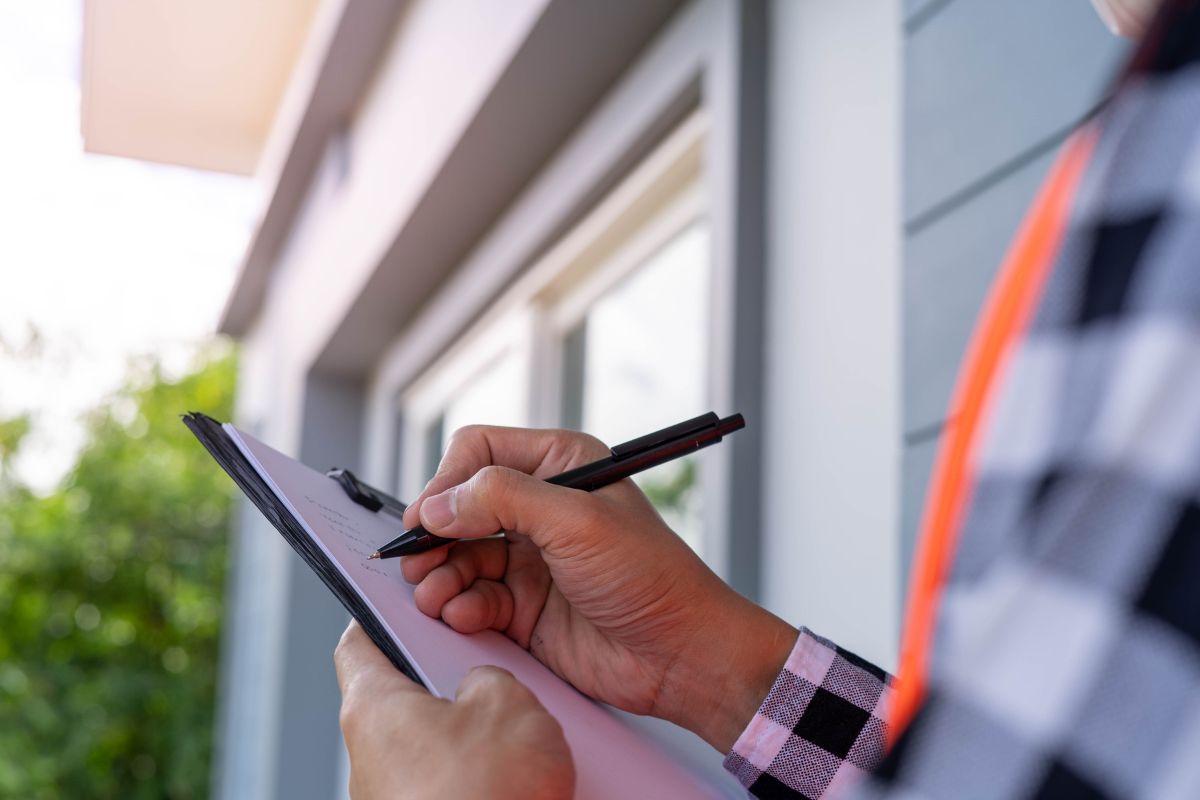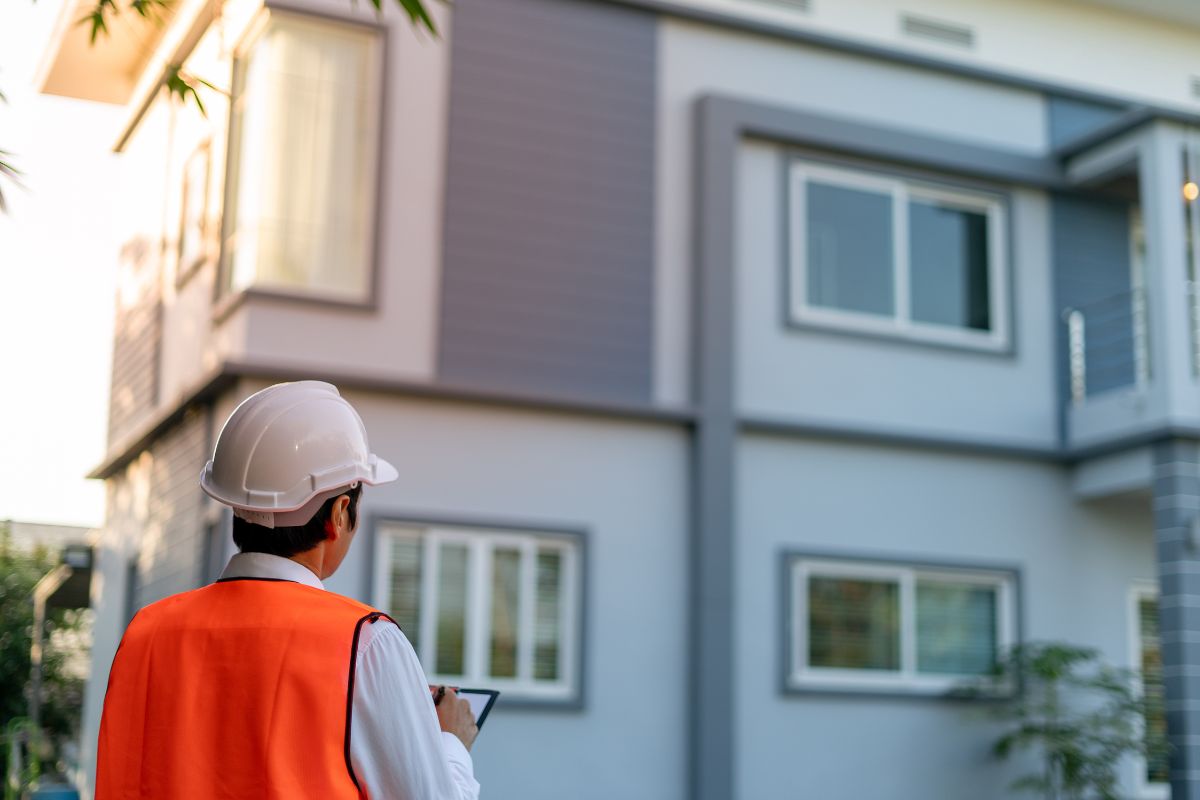Introduction
In Montreal, Canada’s vibrant and diverse real estate landscape, a comprehensive home inspection is a critical step in buying or selling a property. This process involves a detailed and systematic evaluation of a property’s structure, systems, and compliance with local standards. Our expanded guide offers an in-depth look into what to expect during a home inspection in Montreal, covering its significance, the extensive areas inspected, typical issues uncovered, and strategies for preparation.
The Crucial Role of Home Inspections in Montreal
Ensuring Safety and Compliance
Montreal’s unique architectural diversity and climate present specific challenges, making home inspections crucial for ensuring safety and adherence to local building codes. These inspections assess the property’s structural integrity and system functionalities, safeguarding against potential hazards and confirming compliance with municipal regulations.
Financial Implications and Risk Mitigation
For buyers, a thorough home inspection is essential for identifying hidden defects that might require significant financial investment. This knowledge can influence negotiation strategies regarding price adjustments or repair requests. Sellers benefit from preemptively identifying and addressing issues, facilitating smoother transactions and potentially enhancing property value.
The Home Inspection Process in Montreal
Selecting a Qualified Inspector
In Montreal, selecting an inspector with local expertise and certifications is critical. Inspectors familiar with Montreal’s specific housing challenges, such as the impact of severe winters and humidity on structures, provide invaluable insights.
During the Inspection
Home inspections in Montreal typically last between 2 to 4 hours, varying with the property’s size and condition. The inspector conducts a thorough examination, and buyers or sellers should be present to observe, learn, and pose questions.
Areas of Inspection
- Structural Components: The inspector assesses the foundation, walls, ceilings, floors, and roof for structural soundness and integrity.
- Exterior Evaluation: This includes an examination of siding, eaves, soffits, windows, doors, and the property’s grading for proper drainage.
- Roof and Attic Inspection: The inspector evaluates roofing materials, drainage systems, flashing, insulation, and ventilation in the attic.
- Plumbing System: All plumbing fixtures, pipes, drains, and water heaters are scrutinized for functionality and compliance with current standards.
- Electrical Systems: The inspection covers the electrical panel, circuit breakers, wiring, outlets, and fixtures for safety and code compliance.
- Heating and Cooling Systems: Furnaces, air conditioning units, ductwork, and thermostats are examined for efficiency and safety.
- Interior Elements: Walls, floors, windows, doors, and staircases are inspected for condition and safety.
- Insulation and Ventilation: Proper insulation and ventilation in attics, basements, and crawl spaces are checked for energy efficiency and moisture control.
- Fireplaces and Chimneys: These are assessed for operational safety and proper ventilation.
Additional Specialty Inspections
Depending on the age and location of the property, additional inspections, such as for radon, asbestos, or pests, might be recommended.
Commonly Uncovered Issues in Montreal Homes
Challenges of Older Properties
Montreal’s historic homes often reveal aging infrastructure, such as antiquated plumbing and electrical systems, necessitating upgrades to meet contemporary standards.
Climate-Induced Wear and Tear
Montreal’s harsh winters contribute to issues like roof damage, foundation cracks, and water infiltration, stemming from freeze-thaw cycles.
Insulation and Ventilation Deficiencies
Inadequate insulation and poor ventilation are frequent findings, leading to increased energy consumption and potential moisture-related complications.
Outdated Plumbing and Electrical Systems
Properties built in earlier decades often exhibit outdated plumbing and electrical systems, which might not align with current safety regulations.
Preparing for a Home Inspection
For Sellers
- Address Known Issues: Tackling repairs beforehand can positively impact the inspection outcome.
- Ensure Accessibility: Provide clear access to all areas, including attics, basements, and utility rooms.
- Maintain Cleanliness: A well-maintained property facilitates a smoother inspection process.
For Buyers
- Educate Yourself: Understand the scope and limitations of home inspections.
- Prepare Queries: Compile a list of specific concerns or questions regarding the property.
- Participate Actively: Attend the inspection to gain insight into the property’s condition.
Post-Inspection Considerations
Analyzing the Report
The inspector’s comprehensive report offers a detailed analysis of the property’s condition, highlighting areas of concern and potential future maintenance needs.
Informed Decision-Making
Buyers can leverage the report to negotiate repair contingencies or price adjustments. Sellers might undertake repairs to enhance the property’s appeal and marketability.
Future Maintenance Planning
The inspection report is crucial for future maintenance planning, guiding immediate and long-term property care strategies.
Conclusion
A home inspection in Montreal is an indispensable component of the real estate transaction, offering critical insights into a property’s condition. Whether you are a buyer or a seller, understanding what to expect from a home inspection and adequately preparing for it can significantly influence the outcome of your real estate endeavor.
If you are searching for one of the top home inspectors in Montreal, Home Inspection Montreal stands out as one of the best in the region, offering comprehensive, detailed, and professional home inspection services tailored to the unique needs of homes in Montreal.
If you are looking for the best home inspector in Montreal, Canada, Contact Us (514) 561-4515



